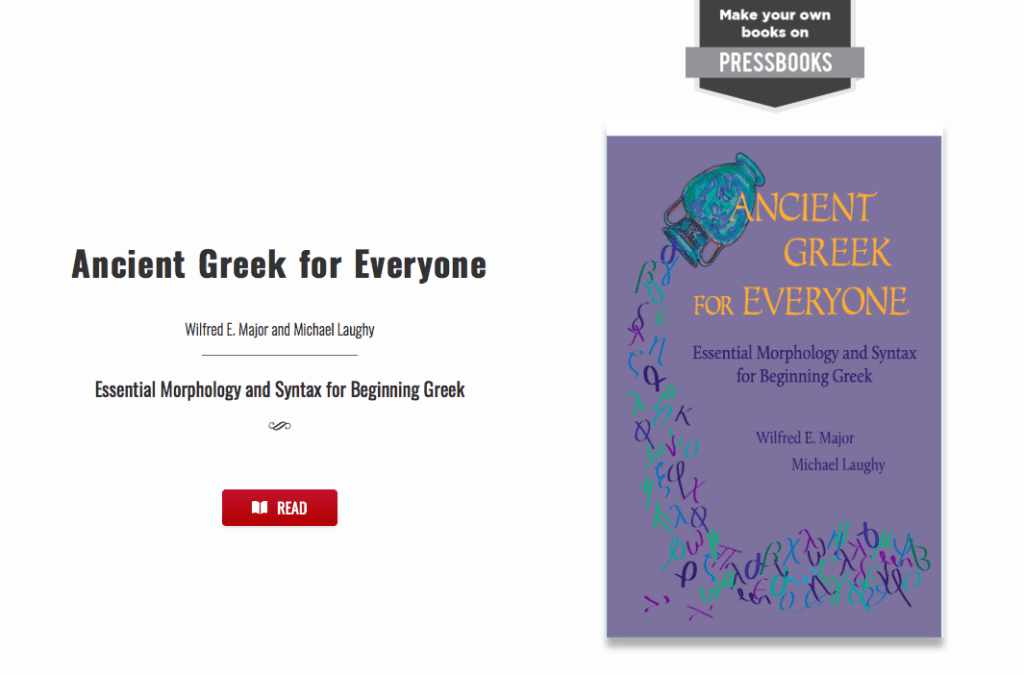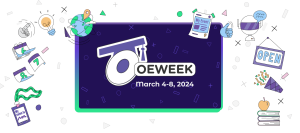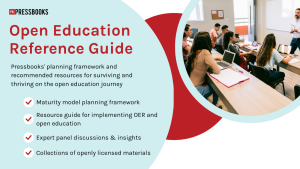The new open textbook from Wilfred E. Major and Michael Laughy, “Ancient Greek for Everyone,” is built on Pressbooks and will teach the foundations of classical Greek.
Michael Laughy is an assistant professor of Classics at Washington and Lee University. Among other classes, he teaches first-year Greek.
Laughy said most Greek textbooks are daunting because they try to cover everything. Unlike some languages, Greek dialects vary widely from region to region. Most textbooks try to be comprehensive and cover all the dialects, but this becomes overwhelming.
“It ends up turning students away,” Laughy said.
What Laughy felt was needed was a text that would teach classical Greek linguistically–to teach basic skills and abilities, so that students would have a foundation to tackle other dialects later.
Using Pressbooks, he decided to create his own text, Ancient Greek for Everyone: Essential Morphology and Syntax for Beginning Greek with a co-author, Wilfred E. Major, from Louisiana State University.
 Web book: Ancient Greek for Everyone
Web book: Ancient Greek for Everyone
The book contains a study of the essential morphology and syntax of ancient Greek; vocabulary and exercises; and reading passages drawn from ancient sources.
Laughy chose Pressbooks after looking at a variety of software. He wanted a collaborative online tool where “the learning curve [for other professors wanting to use or adapt the book] would be manageable.” He also liked the adaptability and remixability that Pressbooks enables through easy copying of the book either through XML replication or one-click cloning.
Laughy hopes that as the book grows and evolves, multiple faculty authors will add materials and exercises to it, or replicate it and adapt new editions to suit how they teach the subject at their own campus instruction by adding exercises, lesson plans etc., as they see fit.
For Laughy, these capabilities change the way instructors engage with and use textbooks, and may have other pedagogical impacts. He said, “You’re no longer teaching against a textbook. You’re teaching with a textbook.”
He also liked the web book, PDF and ebook format availability, which helps the book suit a particular instructor or department’s needs. In his case, students are loaned free iPads, so he wanted something they could read on these devices even if they didn’t produce a printed version of the text.
Pressbooks also had the ability to write in both monotonic and polytonic Greek (though some themes handle the language better than others).
Laughy piloted the web version of the textbook in his Fall 2016 course. Students expressed appreciation for the book’s online formatting in their evaluations. Laughy liked how he was even able to make changes to the book live in class: “Someone would say ‘I don’t understand what you mean’ on a passage,” and he would say, “‘Is this better?’ I would go live into Pressbooks on my iPad while they’re watching. I would fix it, upload and refresh the web page.”
Two additional campuses, Louisiana State University and the University of Illinois, Urbana-Champaign, are now using the book in Fall 2017 courses and nine more have expressed interest in using the book in the future.



